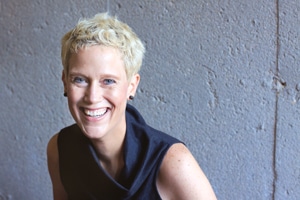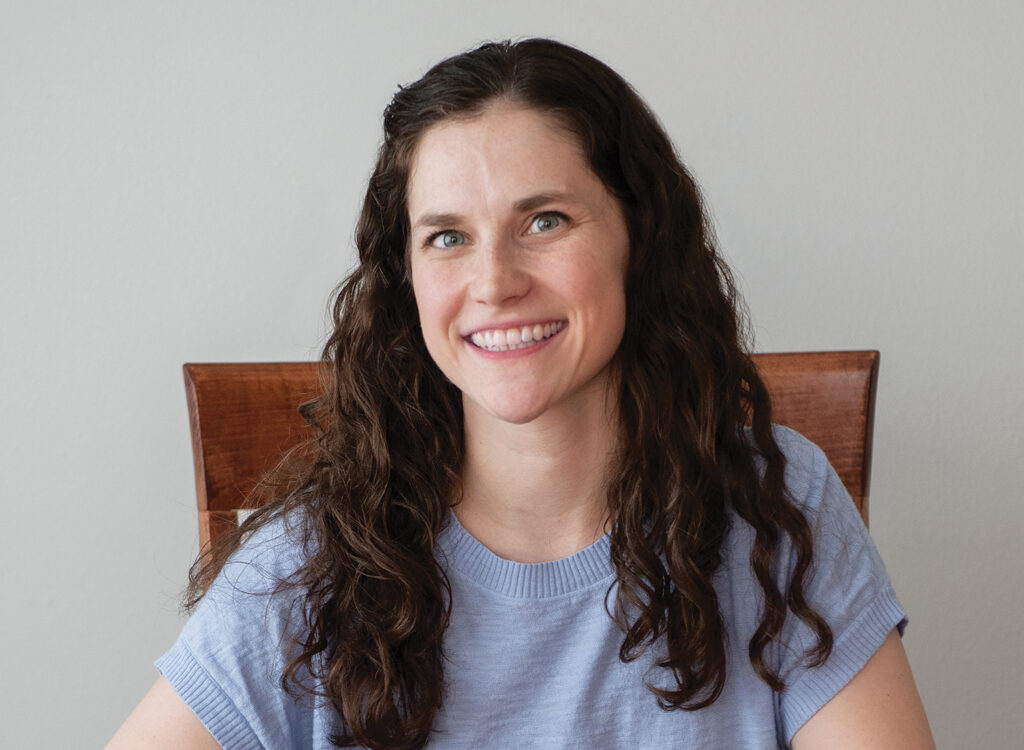A Closer Look: Rebecca Ryan
futurist, NEXT Generation Consultation

KENT DARR Feb 13, 2015 | 12:00 pm
3 min read time
797 wordsBusiness Record Insider, Economic DevelopmentWest Des Moines City Manager Tom Hadden was at a city managers’ meeting not long ago looking for the next seminar to attend. He walked by a room so crowded that people were standing in a hallway to listen to the speaker, who was talking about the future. He liked what he heard, and invited Rebecca Ryan to West Des Moines. There was an added bonus in that Ryan already knew the city and Greater Des Moines, having attended Drake University in the 1990s. She also served as executive director of Keep Iowa Beautiful and school-to-work coordinator for the Iowa School to Work program.
What types of clients want to see into the future?
Clients are generally motivated by hope or fear. For example, some clients use Strategic Foresight because they want to develop new products or markets. And others are very concerned about the future, e.g., cities that are trying to figure out what the possible funding sources and income streams will be. And there are some organizations, like companies in the energy sector, that have teams of futurists trying to determine the most plausible futures. For example, when oil fell to $20/barrell … I’m pretty sure Exxon Mobil had at least one scenario developed where that happened.
Is it difficult to get city leaders to think about the future?
This is a key challenge. It can be very difficult for people to think beyond the next year or so. But we use a couple of tools to help get them to think longer-term. I usually invite several other futurists or provocateurs to each workshop. Their job is to keep people working out into the future. And we also provide a briefing book and overview of the key trends likely to impact their region. Finally, we ask them to imagine the world that their children and grandchildren will live in. For example, even 10 years ago, it seemed like science fiction that we’d have drones flying domestically delivering packages.
What led you to this?
I’ve always been interested in trends, but like many people, I didn’t realize you could be a professional futurist. There are currently only three U.S.-based programs where you can get a credential in Strategic Foresight: Notre Dame, University of Hawaii and University of Houston. I spent the first 13 years of my solo career studying demographic trends, especially where yong talent lives and works. That was a pretty good training ground for Strategic Foresight.
Do you have to convince doubters that there is a practical value to engaging in a visioning process?
Yes, when we first start the Strategic Foresight process with groups, there are usually some skeptics. I love it. I think that’s a very healthy part of any process. It keeps the whole group (including me) honest. But generally, the skepticism starts to fade when people see how useful the process is. Many people walk away from our projects and say, “I’ll never do strategic planning in the same way.”
What kind of research or background work do you do before conducting these sessions?
We scan for trends in at least these five areas, which are commonly referred to as “STEEP”: Society, Technology, Economy, Environment and Politics. This scan goes into a briefing book for clients. Because Strategic Foresight is not familiar to most people, you have to be highly prepared so that everything runs smoothly and people understand what’s expected of them.
Beyond the development that has occurred in Greater Des Moines from the time you were at Drake, did you detect other differences when you returned?
I decided to leave Des Moines after a year when the City Council stopped doing curbside recycling, didn’t pass a law protecting gays in jobs or housing … and did one other thing that I thought was absolutely backwards and asinine. It may have been 1998? But look how far Des Moines and Iowa have come. Yes, the development of the East Village and the area downtown around the sculpture garden are visual reminders of how far Des Moines has come, but Iowa was also among the first to legalize gay marriage. So we may go through these moments of insanity, but overall in Iowa, the goodness of its people wins out. I love telling people that there’s a reason the Iowa caucuses should always be first – because Iowans will give all candidates a fair hearing. I always feel at home when I’m back in the Des Moines region. In 30 years, Iowa will be experiencing population growth due to its location in the Midwest, its water tables, its quality of life, and its access to agriculture. While California and the Mid-South dry up and Miami and the Eastern Seaboard will be under water. Iowa will be even more vibrant and attractive.











